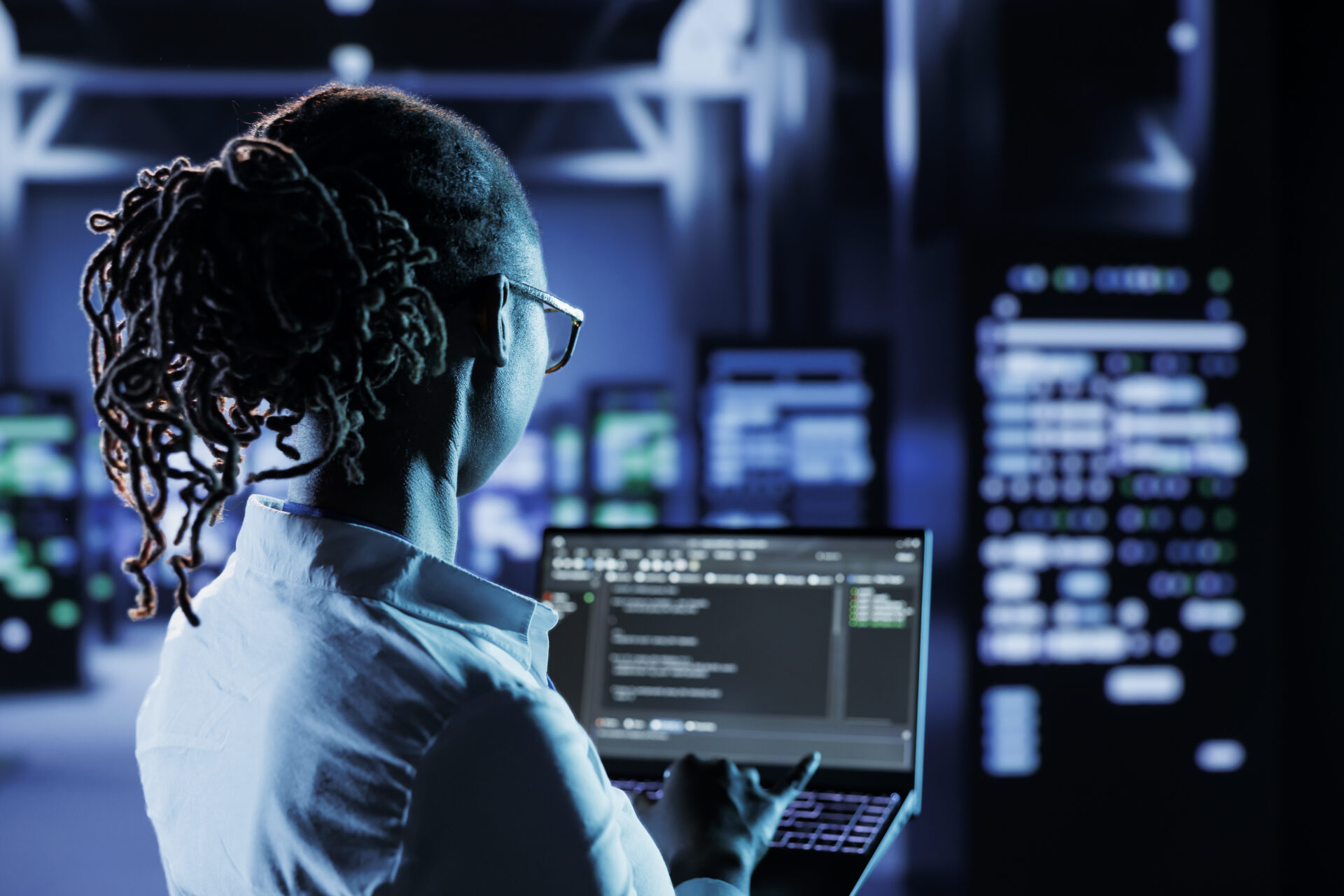Table of Contents
Data in this hyper-connected era is not just numbers—it’s money, identity, and power. And in 2025, as artificial intelligence, cloud computing, remote working, and digital currencies keep growing, cybersecurity has become not only a technology issue but an international imperative.
From people to businesses to governments, they are all potential targets. But why, exactly, has cybersecurity suddenly become so important now?
Let’s discuss the primary reasons why cybersecurity is more important than ever in 2025, and what it means to you.
1. Cyberattacks Are More Common, Sophisticated, and Expensive
Cybercrime is no longer the activity of individual hackers in the basement. Today, it’s a multi-billion-dollar worldwide business. In 2025, cybercriminals employ AI, deepfakes, ransomware-as-a-service, and sophisticated social engineering techniques to attack even the most secure networks. Stat to note: Global cybercrime spending will hit $10.5 trillion per year by 2025, says Cybersecurity Venture
Typical threats are:
- Ransomware attacks against hospitals, schools, and city governments
- Phishing attacks targeting employees and consumers
- Data breaches that spill confidential customer and corporate information
- Supply chain attacks such as the SolarWinds attack
2. Remote Work and Cloud Reliance = Larger Attack Surface
With hybrid and remote work becoming the new standard, businesses depend more than ever upon cloud storage, collaboration platforms, and virtual networks. But flexibility is a risk.
Staff access sensitive information on personal devices and public networks, introducing new threats. Misconfigured cloud configurations, poor passwords, and failure to use VPNs are the most prevalent security loopholes used in 2025.
AI: A Double-Edged Sword in Cybersecurity
- Artificial Intelligence is vital to spot threats and streamline defense—but it’s also leveraged by hackers to stage smarter, speedier attacks.
In 2025:
- AI-generated phishing emails are almost indistinguishable from real ones
- Deepfake videos and audio can impersonate CEOs or government officials
- Automated bots attempt thousands of password breaches per second
- As AI evolves, cybersecurity systems must outpace attackers—an arms race that demands constant innovation.
Critical Sectors Are Under Constant Attack
- Healthcare networks, banking systems, transportation systems, and power grids are top targets for cyberattackers. In 2025, critical infrastructure breaches can bring cities to a standstill or risk lives.
Real-world scenarios:
- Ransomware attacks on hospitals that must turn away patients
- Airports and airlines dealing with data loss and system crashes
- Banks navigating digital scams and crypto-wallet robberies
- Cybersecurity is not just about securing data—it’s about securing lives and livelihoods.
Cybersecurity Is Now Everyone’s Responsibility
In 2025, cybersecurity is no longer “just an IT issue.” It’s a collective responsibility that begins with individuals.
That means:
- Employees need to be educated to detect phishing and adopt best practices
- Consumers need to safeguard their digital identities with robust passwords and 2FA
- Business leaders need to place security investment along with growth
Even the most sophisticated security system can be breached by human error—making awareness and learning fundamental.
Global Conflict Has a Digital Frontline
As geopolitical tensions escalate, cyberwarfare is becoming an integral element of foreign policy. Nation-states attack election systems, power grids, and communications networks, and often do not fire a single shot.
Cyberattacks are being employed for:
- Espionage
- Propaganda
- Disruption of infrastructure
- Economic sabotage
This places cybersecurity squarely within national defense for 2025.
What Can You Do to Stay Safe?
Whatever your role as a freelancer, small business owner, or large global enterprise, these are some of the key 2025 cybersecurity habits:
For Individuals:
- Strong and unique passwords with a password manager
- Turn on two-factor authentication (2FA)
- Update devices and software regularly
- Don’t use public Wi-Fi without a VPN
- Understand how to recognize phishing and scam emails
For Businesses:
- Regular security audits and penetration testing
- Offer regular employee cybersecurity training
- Invest in endpoint security and threat detection software
- Implement zero-trust architecture to restrict access
- Regularly back up data and encrypt sensitive data
Cybersecurity in 2025 is no longer a choice—it’s fundamental. As the digital landscape continues to become more complicated and infused in our everyday lives, so too do the risks increase alongside the benefits.
No matter whether you are securing your own information or operating a global business, the expense of not having cybersecurity is much larger than the expense of applying it.
For in the modern era, your online security is your physical security.

